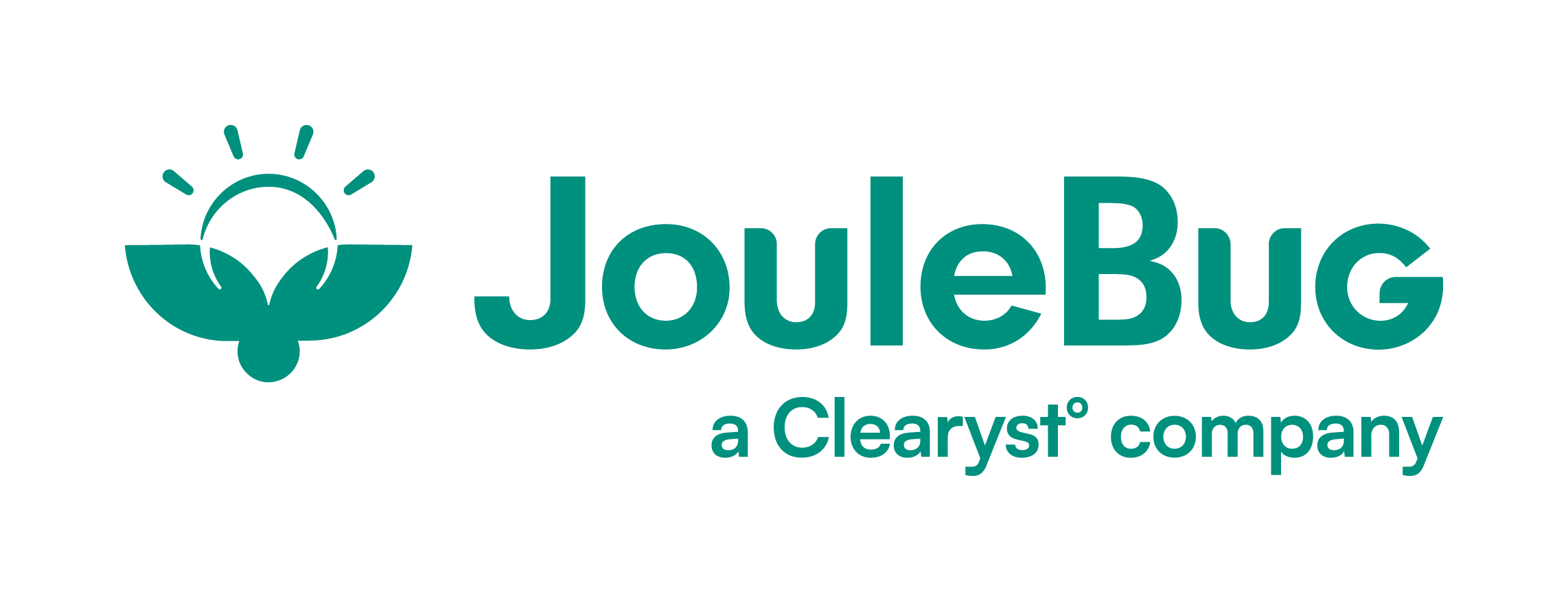Plants are the unsung heroes of our planet that all life depends upon. Plants provide 80% of the food we eat and produce 98% of the oxygen we breathe. However, invasive pest species constantly threaten their health. These threats pose severe risks to biodiversity, ecosystem stability, food security, and sustainable economies and livelihoods. Designated by the United Nations, May 12 is International Day of Plant Health. The day is an annual reminder that "protecting plant health can help end hunger, reduce poverty, protect biodiversity and the environment, and boost economic development."
The Importance of Plants in Sustaining Life
Plants are fundamental to life on Earth. They are the backbone of ecosystems, supporting life forms from the tiniest insects to the largest mammals by providing food, oxygen, and shelter. They improve air quality, stabilize soils, and regulate the Earth's climate. In short, the existence of plants improves our quality of life, which highlights an essential yet often overlooked connection between plant health and human health.
Yet, the relentless threat of invasive pests compromises their ability to perform these vital functions. If left unchecked, these invasions can decimate plant populations and degrade biodiversity. Healthy, diverse plant communities are our best defense against these invasive threats, once again underscoring the deep connection between plant health and broader environmental health.
The Threat of Invasive Pests to Global Biodiversity
Invasive pests, including various species of fungi, insects, and plants, can devastate native plant communities, leading to significant losses in biodiversity. For example, invasive species such as the emerald ash borer and the kudzu vine have caused extensive damage in North America, altering habitats and pushing native species towards extinction. A changing climate has also created new favorable niches for pests to populate and spread. An increase in pests can lead to increased use of pesticides, which harms pollinators, natural pest enemies and organisms vital for healthy ecosystems.
Also alarming is the global economic impact, which is just as profound. The UN estimates approximately USD 220 billion in annual financial losses due to reduced crop yields and increased pest management costs. Therefore, cooperation and adherence to plant health standards, such as the International Standards for Phytosanitary Measures (ISPMs), are critical in managing these threats. These standards promote safe trade and agriculture practices that safeguard plant health and, by extension, global food security and biodiversity.
Protecting plant health across borders is essential, but local actions play an equally pivotal role.
Empowering Individuals to Promote Plant Health
While the challenge is global, individual actions can make a tangible difference. By understanding the connections between plant health and our daily lives, we can make informed decisions that promote environmental stewardship. Here are seven actions individuals can take to help protect plant health:
- Choose Native Plants: When gardening or landscaping, opt for native species. They are better adapted to local conditions and pests and provide essential habitat for local wildlife.
- Stay Informed about Local Pests: Learn about common pests in your area and how to identify them. Early detection can prevent widespread infestation and damage.
- Use Integrated Pest Management (IPM): Employ IPM strategies in your garden, prioritizing natural and less harmful methods to control pests and reducing the use of chemical pesticides.
- Support Local Quarantine Measures: Adhere to regulations designed to prevent the spread of invasive species, such as cleaning shoes and gear after hiking or not moving firewood from one region to another.
- Participate in Community Monitoring Efforts: Engage with conservation groups or contribute to biodiversity data repositories that monitor plant health. Volunteering can expand your knowledge and directly contribute to local biodiversity preservation.
- Educate Others: Share your knowledge about the importance of plant health with friends, family, and community members. Education is a powerful tool for change.
- Advocate for Stronger Policies: Support policies that protect natural habitats and regulate the importation of plants and plant products that could introduce new pests.
Protecting Plant Health Protects Life
TL;DR: Plants sustain us; therefore, our lives depend on their health.
Discover how JouleBug can empower your business to lead in sustainability. Our platform provides the tools and insights needed to implement effective initiatives. Engage your team, educate on best practices, and drive meaningful change in your industry. A more sustainable future is a single step away.






